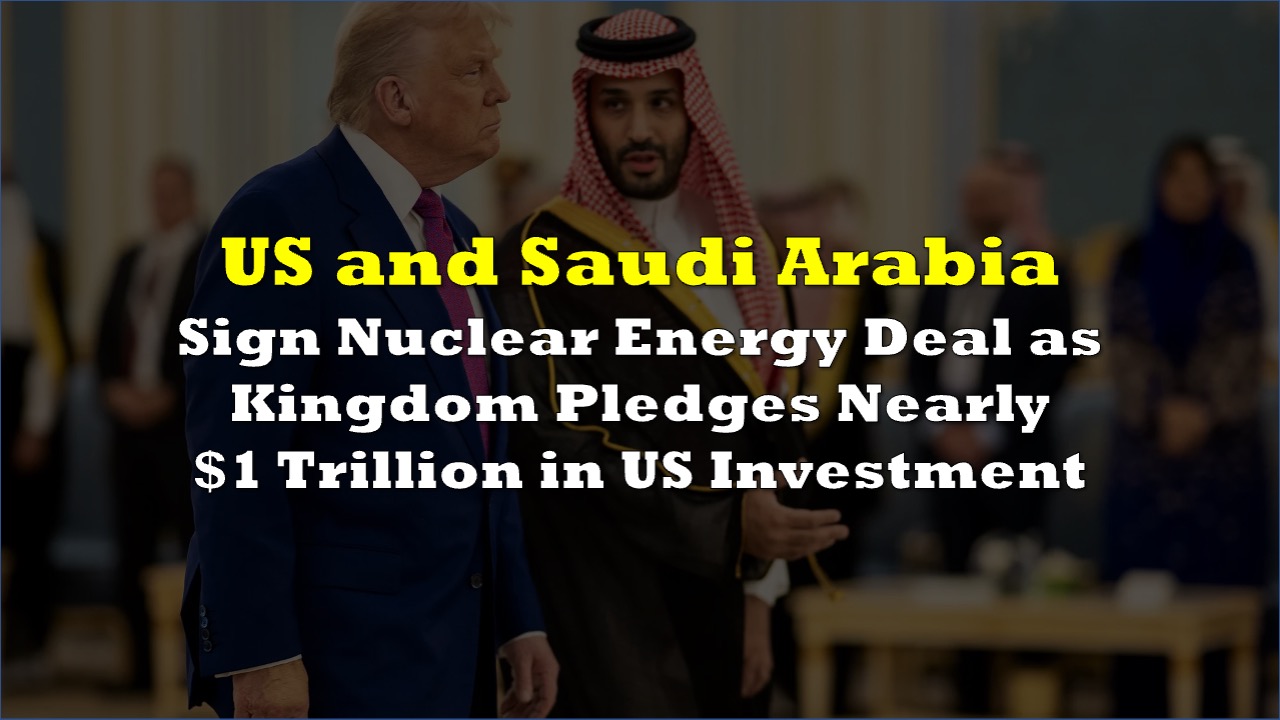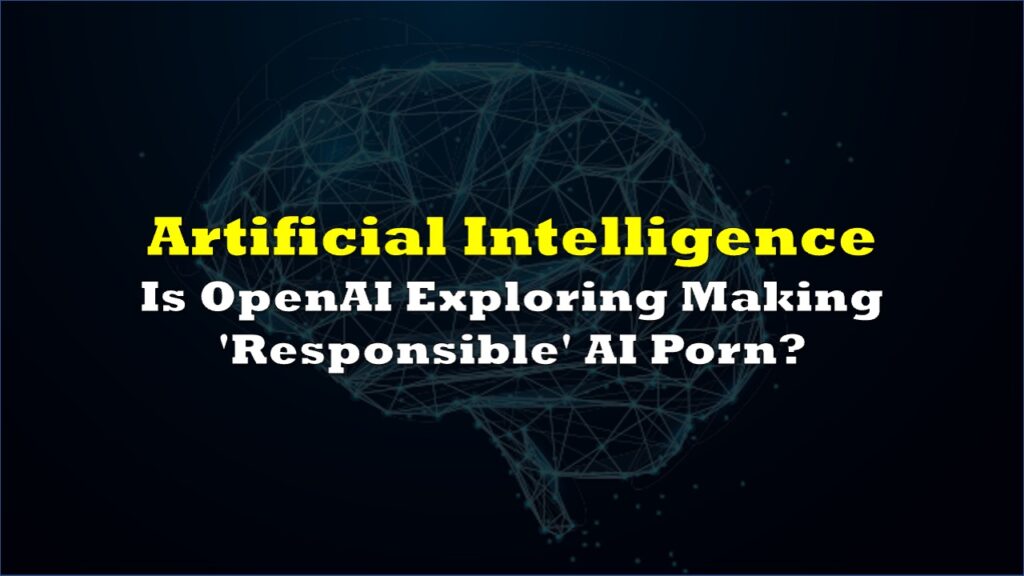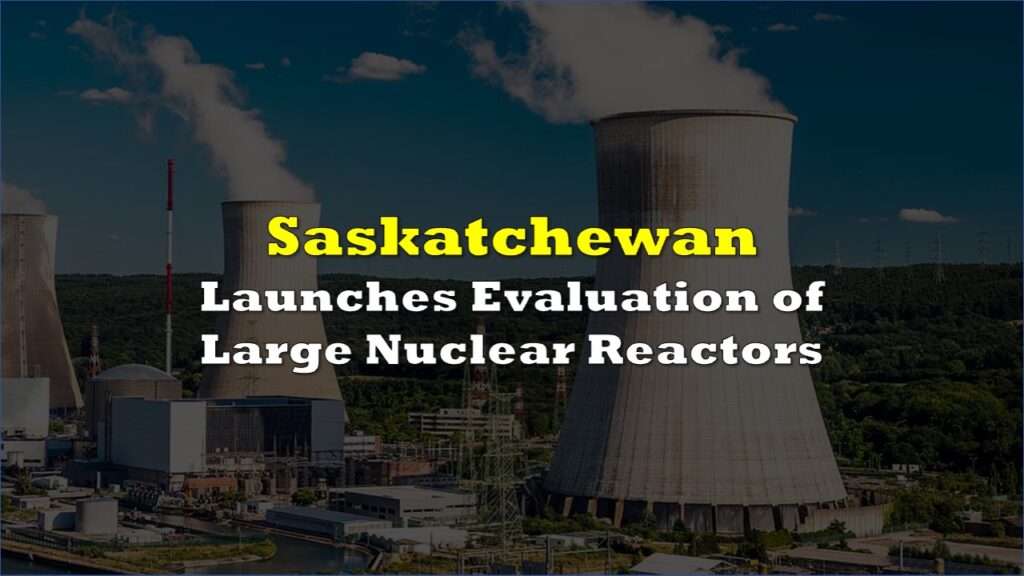The United States and Saudi Arabia signed a joint declaration on civil nuclear energy cooperation on Tuesday during Crown Prince Mohammed bin Salman’s White House visit, with Saudi Arabia raising its American investment pledge to nearly $1 trillion from the $600 billion announced during President Donald Trump’s May trip to Riyadh.
Energy Secretary Chris Wright and Saudi Energy Minister Prince Abdulaziz bin Salman signed the declaration, which creates a legal framework for American nuclear technology companies to work with Saudi Arabia over multiple decades. However, a formal 123 Agreement under the Atomic Energy Act, which contains specific nonproliferation requirements, remains unsigned, an Energy Department spokesman confirmed.
The White House described the declaration as establishing foundations for a multi-billion-dollar partnership where American firms will serve as Saudi Arabia’s preferred nuclear cooperation partners while maintaining adherence to nonproliferation standards. Wright stated the agreement would “bring American nuclear technology to Saudi Arabia and keep a firm commitment to nonproliferation.”
Tuesday’s nuclear agreement accompanied several other major deals. Trump approved future F-35 fighter jet sales to Saudi Arabia, and the kingdom committed to purchasing nearly 300 American tanks. Trump designated Saudi Arabia as a major non-NATO ally, a status conferring military and economic benefits without mandating security commitments.
The two nations also signed an artificial intelligence memorandum of understanding. Saudi Arabia’s sovereign wealth fund-backed AI company, Humain, plans to announce partnerships with Amazon, AMD, xAI, and GlobalAI for multi-gigawatt data center construction, according to people familiar with the arrangements. The US plans to approve sales of advanced AI chips to Humain as part of the broader AI agreement.
BREAKING: The US and Saudi Arabia are set to announce a deal with cooperation on civil nuclear energy.
— The Kobeissi Letter (@KobeissiLetter) November 18, 2025
The AI Revolution is quickly becoming ALL about energy. https://t.co/8d6diGIfGz
AI infrastructure, including data centers and computing hardware, requires significant electrical capacity, driving renewed interest in nuclear power for technology applications.
The agreements provided no specific implementation timelines.
Information for this story was found via Bloomberg, and the sources and companies mentioned. The author has no securities or affiliations related to the organizations discussed. Not a recommendation to buy or sell. Always do additional research and consult a professional before purchasing a security. The author holds no licenses.









